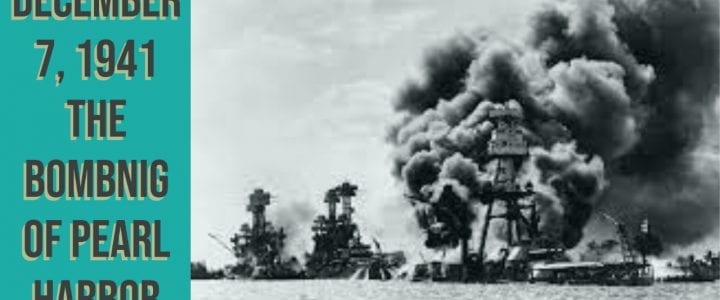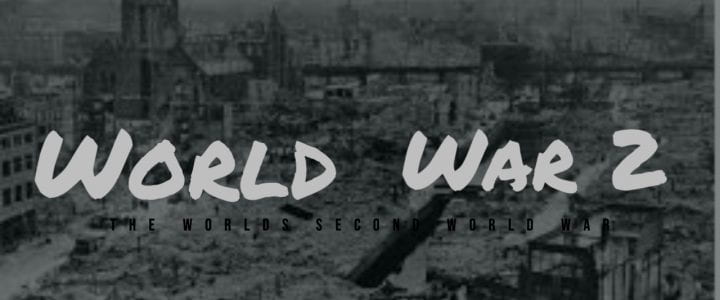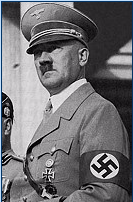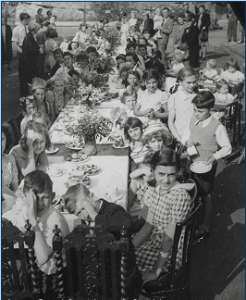On December 7, 1941, Japan sent a fleet of planes to bomb a US naval base, Pearl Harbor. The Japanese went through with a complete surprise attack. Only for Japanese military leaders, along with the Japanese government, to realize that their attack was only successful for one reason. They had entirely failed to send a declaration of war before the attack was set in motion. After the attack on Pearl Harbor, Admiral Isoroku Yamamoto said, “I fear we have awakened a sleeping giant and filled him with a terrible resolve.”
Why did the Japanese attack pearl harbor in the first place?
Japan attacked Pearl Harbor for many reasons. Throughout the great depression in the 1930s Japan wanted to solve some of its many economical problems. So Japan started to spread its army across southeast Asia. Soon Japan had taken over many small territories and had won many crucial wars in China and Nanjing. Soon America realized that they needed to prevent Japan’s global expansion. America immediately put an end to shipping, oil, steel, and other resources to Japan. As this realization came to mind throughout the American government and Japan tensions started to rise. Now Japan’s world domination plans were prevented by America’s naval fleet.
How did Japan’s failure to send a declaration of war help them in the end?
During the bombing of pearl harbor America had no idea what was coming. This element of surprise made Japan’s attack nearly completely successful. December 7, was a Sunday, most sailors were on a break, going to church, some were on duty. It was a calm morning, a devastating attack was not expected at all. If America had received a declaration of war, this terrible attack could have been less devastating or even prevented the entire attack. Though some historians say that pearl harbor may have been inevitable, due to the events that took place, before the bombing of Pearl Harbor. At the time during the bombing of pearl harbor, Japan had one of the best militaries, along with, one of the best navies, and the high-tech plane, the Zero. Even though the US government had ended the shipping of oils, steel, and other resources, Japan still had enough resources to fuel its entire navy for 3 more years. Japan had many advantages against pearl harbor but still could not succeed in its goal to smother the US naval fleet.
Japan’s failure to send a declaration of war, considered a mistake?
It was not Japan’s entire fault that the US government did not receive a declaration of war before the bombing of pearl harbor. It was Japan’s fault for not checking if the US had received the declaration of war before the attack. Japanese Historians do say that Japan gave the Declaration of war two days before following through with the attack on pearl harbor. But at the time messaging technology was not as advanced as it is today. There is still the idea that the Japanese navy had thought the US had received the message and the debate of whether they broke a law of engagement is just a big misunderstanding that only led to more conflict. No one knows how the declaration of war failed to make it to America, but some historians think that because America received a declaration of war two hours after the bombing of pearl harbor, it may have been the same declaration said to have been sent before the bombing but coincidentally arrived two hours late.
Conclusion
On December 7, 1941, there was a bombing of pearl harbor. Thousands of soldiers were lost in this Japanese surprise attack. But was this attack just part of the war? Or was it a violation of the laws of engagement? Some historians say that Japan may have just simply failed to send a declaration of war to America. Or they had sent a declaration of war but failed to make it to America on time. If this is the case, Japan may have never really broken a law of engagement and, the attack had been just another attack and a big misunderstanding.




